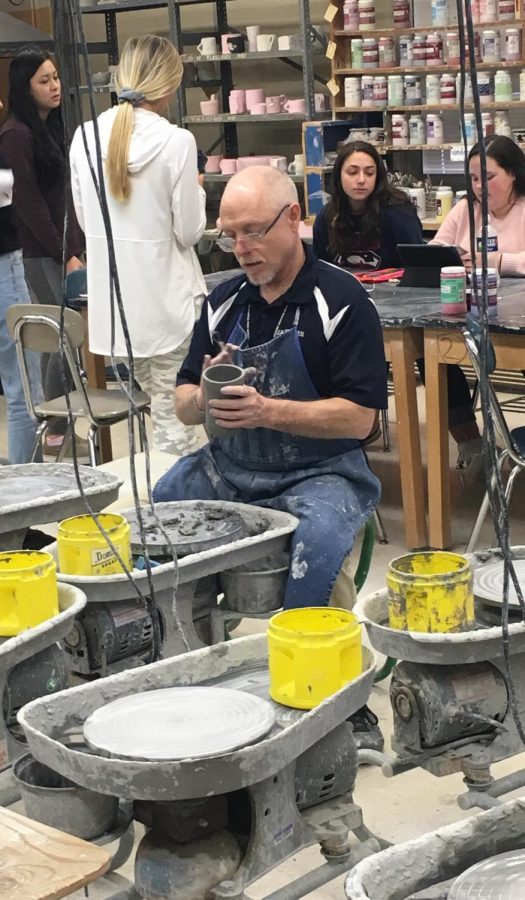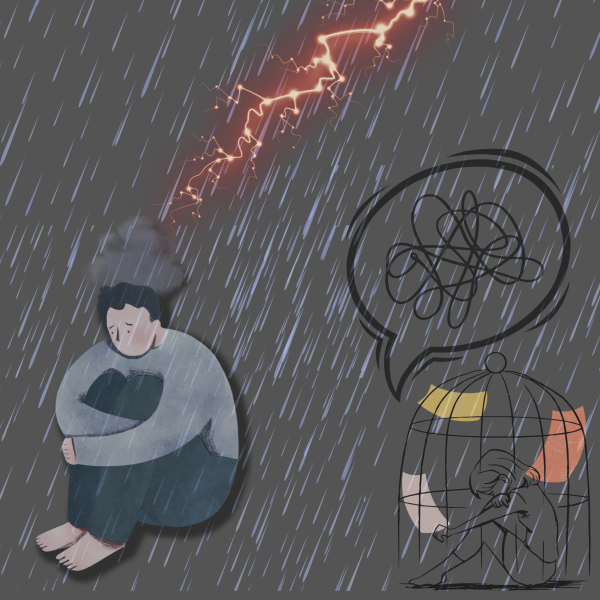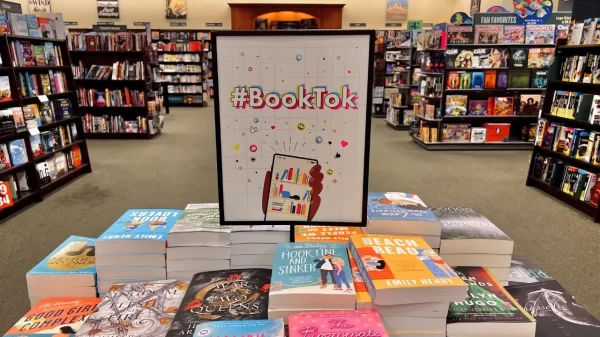Mr. Thomas: A gem hidden in a field of clay and pottery
Mr. Thomas works on a a clay cup. “Art making and creative thought are different,” he said. “It’s holistic. There are challenges coming at you at all different times. I was determined to get a job to live off of in art.”
Colorful ceramics fill Room 903. Tiles from past students, some from decades ago, plaster every inch of wall. Shelves overflow with mugs, statues, and vessels, patiently waiting for the bisque firing. Every pottery wheel has the remains of its last test subject smeared all over it.
Amongst this beautiful mess, you’ll find a hidden gem: Mr. Dennis Thomas.
Chill to the core, Mr. Thomas is the conductor of the Orchestra of Pottery. Each day he keeps the symphony flowing with finished art and teaching new lessons, all while finding time to help those whose instrument may feel out of tune.
He is a man with a wildly unique story that is relevant and inspiring to anyone trying to chase their dreams.
Mr. Thomas was born to a poor family in Williamsport Pennsylvania, a town famous for the Little League World Series, but is “pretty dead other than that week in August” as Mr. Thomas will tell you.
As a child, he spent most of his time in the woods, hiking and fishing with friends. He was always in tune with his artistic side. “Some of my earliest memories include sitting at the kitchen table and drawing comic strips,” Mr. Thomas said.
In high school, he double majored in academics and art, but by the time graduation rolled around he, like many seniors, lacked direction. In his own words, he mentioned quite frankly how, “I didn’t know what I wanted to do with my life.”
Fueled by his desires to live a better life, Mr. Thomas ultimately decided to go to college for academics rather than for art. “I grew up poor,” he said, “so I didn’t want to continue to be poor, I wanted to have a middle class existence.”
After five years at Temple University and a degree in journalism under his belt, Mr. Thomas ventured in freelance writing and later in the world of business, yet he still felt that there was something missing. He needed to go back to his roots, back to what he was passionate about: art.
He said his business work was very cut and dry, easily understood, linear, simple progression from here to there. “Art making and creative thought are different,” he said. “It’s holistic. There are challenges coming at you at all different times. I was determined to get a job to live off of in art.”
After speaking with his wife, Mr. Thomas decided to take a chance. He created an art portfolio and was accepted into the Tyler School of Art, his old stomping grounds of Temple University. He earned a Bachelor in Fine Arts with a license to teach, graduated with honors, and with a child on the way, began his job search.
Mr. Thomas started by teaching people of all ages at community art organizations. Would a better job provide for his family? He seized the moment when his friend mentioned an opening at Freehold Regional. He taught there for six years. After commuting from his home in Pennsylvania, Mr. Thomas decided to apply for a job closer to home. Over 100 applicants applied, but Mr. Thomas was the one chosen. He has been at Eastern for nineteen years. Now, after two decades after that leap of faith, Mr. Thomas can still be seen commanding the orchestra. So what can be learned from this?
Find that passion. Take that leap.











